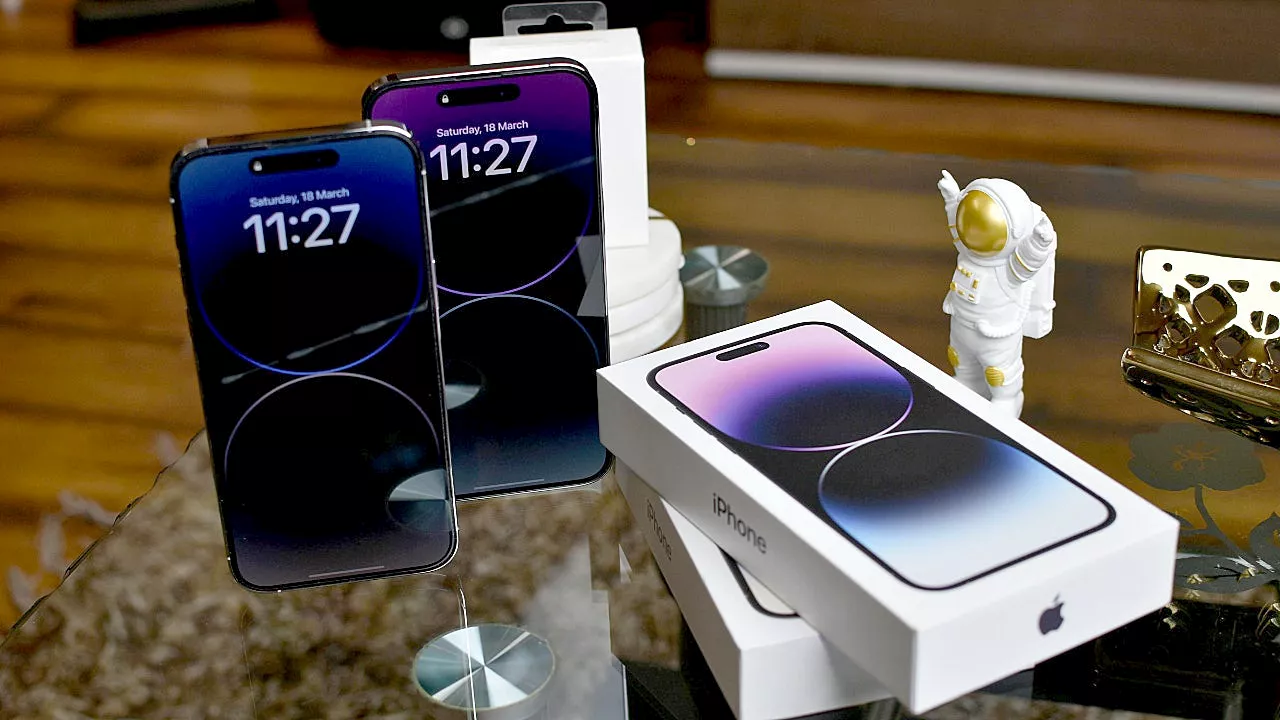
Research has highlighted the profound impact of sleep hygiene on mental health, prompting many individuals to reassess their nighttime routines. According to a report by the Mental Health Foundation, improved sleep practices can lead to significant enhancements in overall wellbeing. This finding has gained traction particularly since March 2023, when experts began advocating for better sleep habits as a cornerstone of mental health management.
Sleep hygiene encompasses various practices aimed at ensuring restful sleep, including maintaining a consistent sleep schedule, creating a comfortable sleep environment, and limiting screen time before bed. Dr. Sarah Johnson, a clinical psychologist, emphasizes that these habits are not just beneficial for physical health but are essential for mental clarity and emotional stability.
Understanding Sleep Hygiene’s Role
The concept of sleep hygiene is gaining recognition across multiple countries, including the United Kingdom, United States, Australia, and Canada. The Sleep Foundation reports that poor sleep is linked to a host of mental health issues, such as anxiety and depression. Studies indicate that individuals who prioritize quality sleep experience lower levels of stress and improved mood regulation.
While many people may be aware of the importance of sleep, the specifics of effective sleep hygiene often remain unclear. Simple adjustments, such as reducing caffeine intake in the afternoon and establishing a relaxing bedtime routine, can have a transformative effect. Dr. Johnson notes that even small changes can lead to noticeable improvements in mental health, stating, “Prioritizing sleep is a fundamental step toward fostering better emotional health.”
Public health campaigns are also addressing this issue, aiming to raise awareness about the significance of sleep hygiene. Initiatives led by organizations like the Mental Health Foundation are designed to educate the public on how to create healthier sleep environments. These efforts have been particularly influential in encouraging communities to adopt healthier lifestyle choices that can combat the rising tide of mental health concerns.
The Impact of Technology and Lifestyle
In today’s fast-paced world, lifestyle choices and technology use greatly influence sleep quality. Many individuals find themselves glued to screens late into the night, which can hinder the body’s ability to produce melatonin, the hormone responsible for regulating sleep. Research indicates that exposure to blue light from devices can significantly disrupt sleep patterns.
As a result, mental health professionals recommend implementing strategies to mitigate these effects. “Limiting screen time in the hour before bed can drastically improve sleep quality,” advises Dr. Johnson. This recommendation aligns with broader findings from the Sleep Foundation, which suggests that creating a tech-free zone in bedrooms can foster a more conducive environment for sleep.
The consequences of disregarding sleep hygiene are significant. Poor sleep can exacerbate existing mental health issues and contribute to the development of new ones. By focusing on creating a consistent sleep routine, individuals can take proactive steps to enhance their mental wellbeing.
As more research emerges regarding the link between sleep hygiene and mental health, the conversation surrounding this topic continues to evolve. With increased awareness, individuals are more likely to prioritize their sleep habits, fostering not only personal wellbeing but also contributing to a healthier society overall.
The push for improved sleep hygiene is not merely a trend; it represents a crucial shift toward recognizing the integral role sleep plays in mental health. As various organizations and experts continue to advocate for these changes, the hope is that more people will embrace the importance of restorative sleep in their daily lives.






